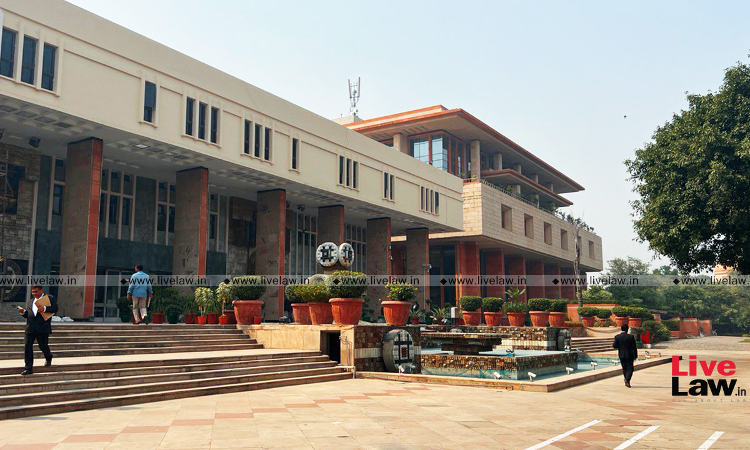Overlooking Assesssee’s Reply Demonstrates Non-Application Of Mind By The AO: Delhi High Court
Mariya Paliwala
10 Sept 2023 1:30 PM IST

Next Story
10 Sept 2023 1:30 PM IST
The Delhi High Court has quashed the draft assessment orders, final assessment orders, and consequential demand on the grounds that the assessing officer inadvertently overlooked the email reply of the assessee, in which the assessee disclosed vital facts pertaining to its case.The bench of Justice Rajiv Shakdher and Justice Girish Kathpalia has observed that the denial of sufficient time...
